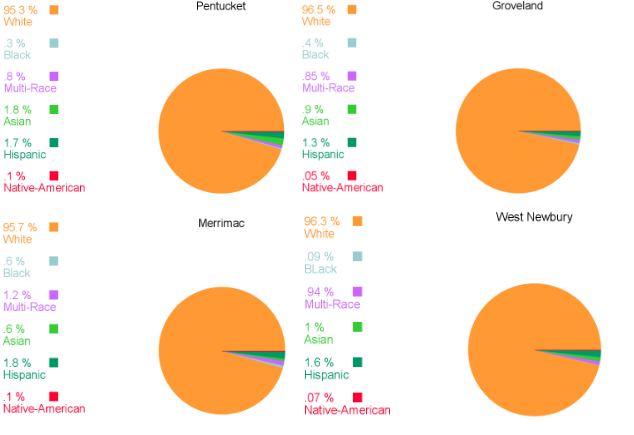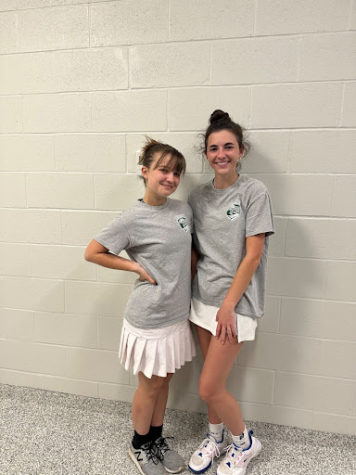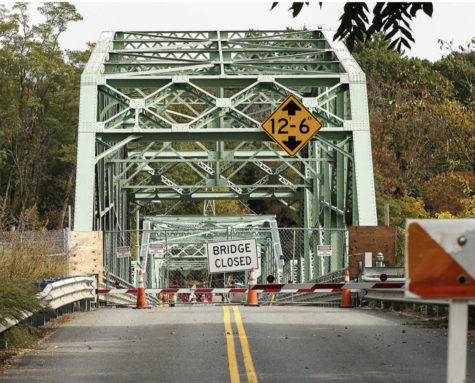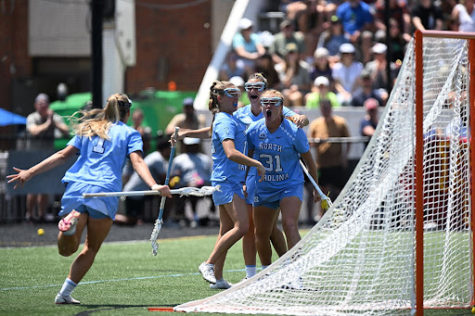How Diverse is World Class?
November 8, 2016
How is a world class school really “worldly” despite the fact it mostly consists of a single racial demographic?
Right now Pentucket High School is composed mostly of Merrimac, Groveland, and West Newbury students. Here it is broken down:
With all four percentages of the white population being in the 95-96% range, the similarity is a 1% difference amongst the three towns and our school. In addition, with a total of 707 students in our school, 34 of those students are minority. The massachusetts average for white students is 65% and ours has a 30% increase at 95% By comparison, Haverhill High School, only seven miles away from Pentucket High, inhabits over 1,800 students and 65% of those are white.
Junior Olivia Edic says the data is “a sad, blatant and scary truth about our school system.” She continues, “I never really realized there was so little diversity and actually seeing the numbers almost feels like the school is being exposed in a bad way.”
Various teachers and students were asked, how do minorities feel in an all white environment? Mrs. Kal, a math teacher, says she has never seen or recognized any kind of mistreatment or blatant racism towards minorities.
In contrast, an anonymous source at the school says, “I’ve had a couple of students who have talked to me about racism before, and one group, while doing a project, had a set of questions about how it is to live in the tri-town area and we actually couldn’t use the questions because the answers from the person they interviewed was, as it turns out, incredibly racist. I think it is just because they have never been exposed to anything else besides their own race.”
“I would imagine minorities feel alienated especially when talking about certain topics like race and gender in some of my social studies classes. They probably don’t identify sometimes with the general population of the school,” says Mr. Harty, a history teacher at Pentucket.
In agreement, Mrs. Lentz, a science teacher, says, “Not being a minority might make it more difficult for minorities to assimilate into the general population and there might just be maybe some misconceptions between the general white population and the minorities.”
Mr. Seymour, Pentucket’s principal, says, “I think that the world is much more diverse than our school. So I think that a student going to school here and then graduating and going off into Umass boston or any other number of campuses, they are definitely going to have exposure to more cultures and people that have different views or certainly different upbringings then them. It’s going to be a big change.” So, how can we depict ourselves as a world class school even if our administration knows the world is much more diverse than our school?
Mrs. Kal, a math teacher, says our school is “a missed opportunity to experience diversity and to maybe have a different life perspective.” She continued to say that “To me, I would think they come from the same three towns and the same economic class. And I think actually that their experience would be more similar than different based on their social economic class but i would be extremely interested to know how they feel about it.”
Natasha Cadet, a senior, says, “not seeing your race on TV and around you affects you because you don’t see yourself. So you [white people] see yourself all around and you feel confident, so not seeing other black people like myself, I have no one to connect with so I feel like it makes minorities feel belittled and have a lack of self esteem and confidence and just having to work harder to be noticed and taken seriously.”
According to junior Olivia Edic, the lack of diversity is not something the school can be blamed for: “The bigger issue is how students within our school act due to the lack of other races. Ignorance toward other races is something not uncommon from students and sometimes even teachers at Pentucket.”
Junior Jesse Anderson says she wishes diversity was more prominent in our school system: “Yeah I do wish there was more, for me, since I think I’m one of the only minorities in my grade, it can be weird and awkward. I don’t really notice it that much unless we’re discussing like slavery, inequality, or civil rights. If there was more diversity I don’t think a lot would change because I don’t see a lot of inequality anyway.” Although she doesn’t necessarily mind the cultural difference, Anderson says “having cultural nights would be a good option and really encouraging people to go to those, similar to like the foreign language nights. Maybe having a diversity night just to get people more aware.”
The Century Foundation’s Amy Stewart Wells, Lauren Fox, and Diana Cordoba Cova talk about in their article, “How Racially Diverse Schools and Classrooms Can Benefit All Students,” the importance of diversity in the public school system. Policy makers, school officials, and those in the political spectrum are starting to realize the importance of focusing on social science studies on how closing large achievement gaps between economic groups and cultures can have a big impact on students. “There is increasing evidence that ‘diversity makes us smarter,’ a finding that selective colleges long ago embraced and increasing numbers of young parents are coming to appreciate at the K–12 level,” wrote the three teachers from Columbia University.
Dr. Bent, an English teacher, shares a story of experiencing integration first hand: “I think not experiencing other races is a handicap when you go forward in life because you have no other experience with any other types of cultures, or races, or gender decisions people make. You go off to college and some kids are fine and others hit a wall where they have never been exposed to it before, so I think it doesn’t do us any justice that we don’t have an equal mix here, but it’s also not our fault. I mean, I remember when I went to a predominantly white high school, and when I graduated I went to a predominantly white college, and then I moved to Washington DC, and I remember the first time I got on a bus to go somewhere, I was the minority on the bus and it was fine, but it was just a weird feeling looking around a realizing, ‘Wow, I have missed something here.’”
Although these cultural differences may be seen as a boost or a burden, any student regardless in the face of adversity or opportunity, has a chance to succeed at Pentucket. How “world class” will you be?











